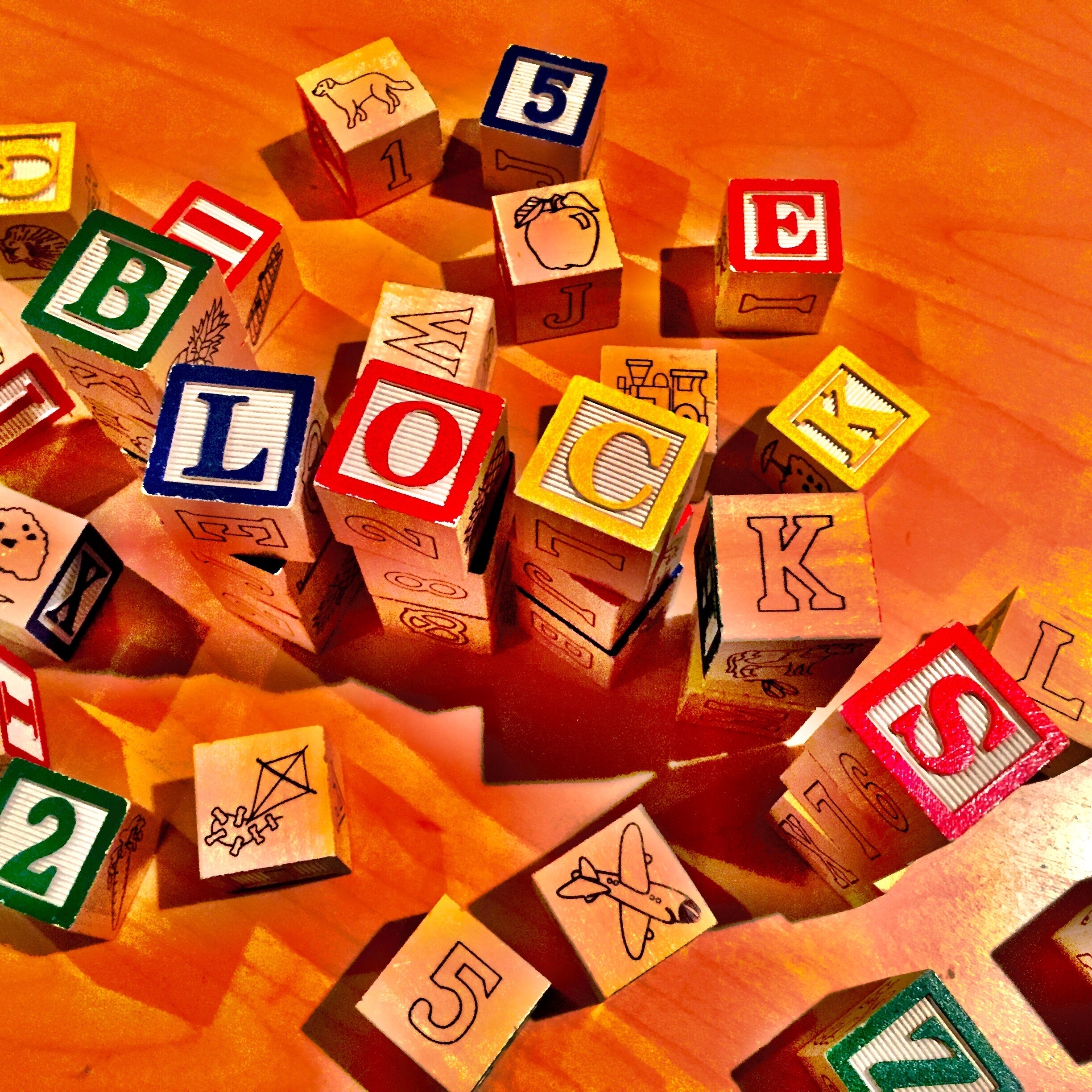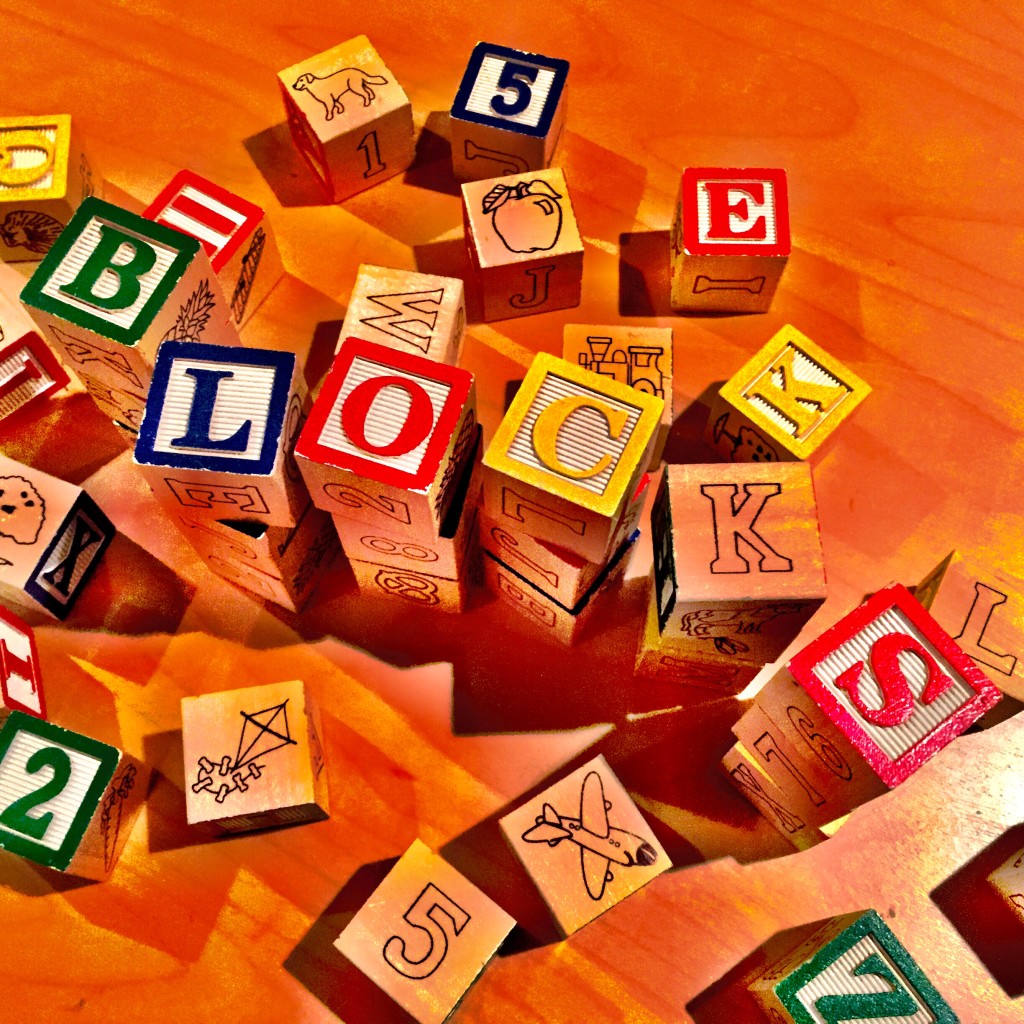What usually comes to mind when you think of “writer’s block”? Is it the blank page or flashing cursor on the screen? The stories and words that won’t be fully formed in your mind? Or is it that elusive idea that seemed clear, yet now seems far away? It’s commonsense that writer’s block is a fear of writing itself. A blocked writer freezes up like a reluctant diver stuck at the top of the 30 meter platform or a spelunker unable to enter the cave. All wish to dive in, but they are paralyzed by fear. Blocked.
Recently I saw writer’s block in a whole new way. Neither writing nor the fear of writing are the true source of the blockade. Rather writing acts as a big overwhelming distraction. It stands in the way and keeps you from noticing something else. You’re not blocked from writing. But rather the writing blocks you from something else by distracting you!
What exactly might a big ole giant writing project distract you from? It distracts you and overwhelms you and prevents you from feeling whatever it is that your unconscious doesn’t want you to feel. In fact the unconscious is filled with everyday tensions, chronic anxieties, and ancient unresolved feelings of anger, rage, disappointment, sadness, disgust, as well as other socially questionable thoughts and feelings. The unconscious is like a prison guard determined not to let those reprobate feelings and beliefs out!
The writing itself – your book, poem, essay, or devotional — in sneaking fashion becomes part of the prison system, one of the jailers, that keeps your dangerous feelings hidden from you. “Hey look at me! I’m an impossible and daunting task!” says the writing. “Focus on me! See how I’m going to exhaust you and ruin your life, and you’ll forget all about those wayward feelings from your past.”
Many who read this won’t believe, but the ones who are willing to suspend their disbelief can try the following exercise. Julia Cameron, Naomi Goldberg, Robert Boice are wise writers about the writing process, and they each support this plan: try a brief, timed session of free-writing. Fifteen minutes will do. Don’t exceed 25. Don’t lift your pen from paper or fingers from keys. Go until your timer says stop.
Free writing with no restraints is like a secret underground tunnel that lets the blocked feelings and other bunk find their way out first… There will be shame and rage and sadness and longing. You’ll see old stories of your deep down blueprint about what you believe about yourself come pouring out. Eventually. These feelings and beliefs are the safety strategies from your infancy and childhood that keep masquerading as “helpful” even though you’re an adult now. And the threats perceived in your young life are no longer real, present or dangerous. These feelings and beliefs are mirrors of the major traumas and chronic disappointments of your early experience, and if you put your pen on paper and don’t hold back they will come flowing out in a flood of words and images, ideas and beliefs. And when they are all out laying there helpless on the paper they will no longer be as big or overwhelming.
They can’t distract or block you if you simply let them out.
The writing becomes possible because the writing no longer needs to be the jailer but instead can become a chaplain for your healing process. The writing becomes not only possible, but urgent, pulling you forward. It will flow not in perfection, but in situated possibility. And by sitting calmly and patiently for one brief session at a time, and giving the prisoners a way out through the end of your pen or your fingertips pressed to keys, you will find the liberation you’ve been seeking. And the stories and poems and essays and books you know are somewhere in you can be patiently invited into the world… Bit by bit, word by word or as Anne Lamott puts it “bird by bird” instead of block by block.





